Shiba Inu
The Shiba Inu is one of the most ancient breeds in the canine community. This teddy-bear dog descended from/Japan and was bred to hunt. Shiba dogs have an intrinsic desire to hunt and pursue prey – one of the reasons why they were famous for assisting hunters. The name “Shiba” is said to describe the bush in which the dogs hunted – brushwood. “Inu” directly translates to “dog” from Japanese, and many scholars have pointed out that those unaware of this inadvertently call it a “Shiba Inu Dog” (Brushwood dog dog).
Shiba Inu At A Glance
| Lifespan | 12-16 years |
| Temperament | Independent, alert, and good-natured; can be aloof but loyal to their family. |
| Suitable | Owners with patience and experience, as the breed can be strong-willed and require early socialization. |
| Health | Healthy overall but may be predisposed to hip dysplasia, patellar luxation, and eye disorders. |
*Petsure Data 2024
Trainability
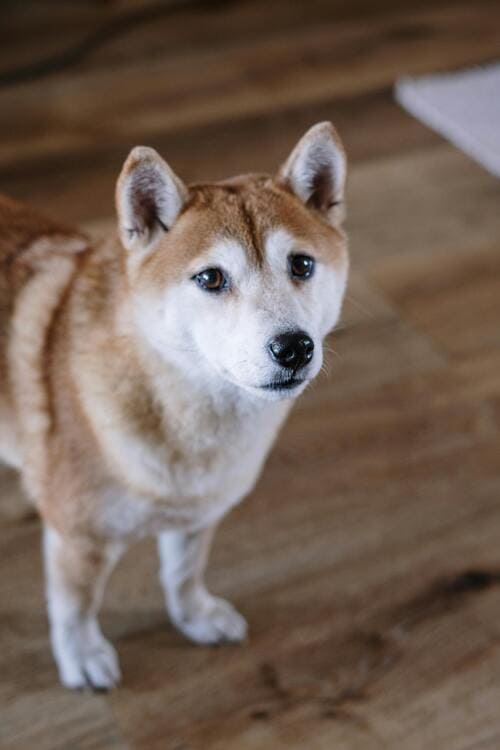
The Shiba Inu is an intelligent and independent breed, which can make training a rewarding yet challenging experience. They respond best to positive reinforcement methods, such as treats and praise, rather than harsh corrections. Early socialization and consistent training are crucial to help them develop into well-mannered companions. While they are quick learners, their strong-willed nature means they may sometimes choose to follow their own instincts rather than commands. Patience and creativity in training can go a long way in harnessing their natural intelligence and ensuring they remain engaged.

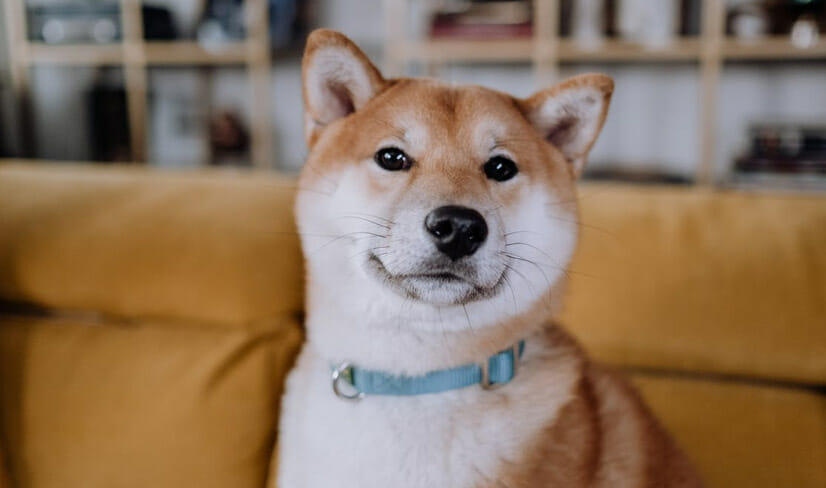
Grooming

Shiba Inus are known for their pristine double coats, which shed moderately throughout the year and heavily during seasonal changes. Regular brushing—ideally twice a week—can help minimize loose fur and keep their coat looking sleek. They are naturally clean dogs with minimal odour, often likened to cats for their fastidious grooming habits. Occasional baths, nail trims, and ear checks are sufficient to maintain their overall hygiene. Their teeth should be brushed regularly to prevent dental issues. With a proper grooming routine, Shibas are relatively low-maintenance, making them an appealing choice for owners seeking a tidy, self-grooming breed.
Protect Your Pet Today
Your pet’s health is priceless. Don’t leave it up to chance.
See What Our Clients Have to Say
Common Health Complaints – Shiba Inu
Shiba Inus are generally robust dogs with a lifespan of 12–16 years. However, like all breeds, they may be prone to certain health conditions. Responsible breeding, routine veterinary care, a balanced diet, and regular exercise can help ensure a Shiba’s overall well-being. Below are some common health concerns associated with the breed:
- Hip Dysplasia – A genetic condition where the hip joint doesn’t fit snugly, potentially causing arthritis or pain.
- Patellar Luxation – A kneecap dislocation that can affect mobility and cause discomfort.
- Allergies – May suffer from food, contact, or environmental allergies, leading to itching and irritation.
- Progressive Retinal Atrophy (PRA) – A degenerative eye disorder that can lead to vision loss over time.
- Glaucoma – Increased pressure in the eye, which may cause pain and vision impairment if untreated.
- Hypothyroidism – A hormonal imbalance that can result in weight gain, lethargy, and coat issues.
- Periodontal Disease – Dental issues that can lead to pain and infection if teeth are not cared for.
- Epilepsy – Seizure disorders occasionally found in the breed.
- Luxating Lenses – A rare condition affecting the positioning of the lens in the eye.
- Cataracts – Clouding of the eye lens, potentially impairing vision.
Looking to protect your pet? Learn more about our dog insurance for your Shiba Inu here.
Kerry Blue Terrier
Exercise Requirements
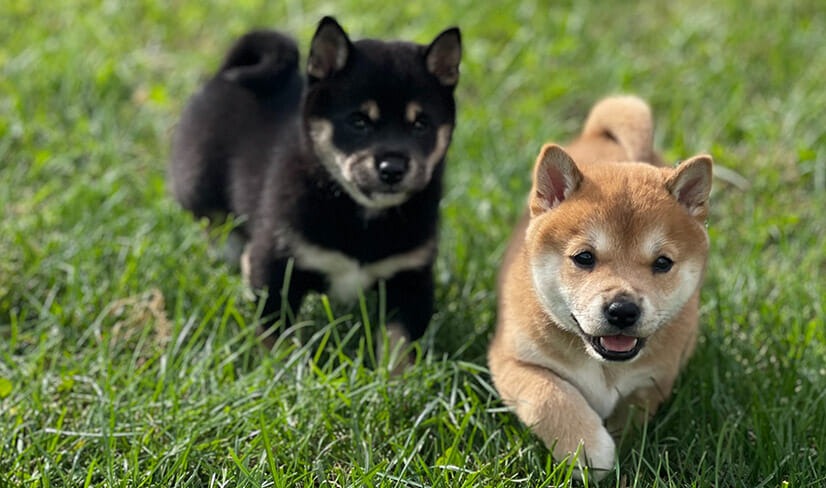
Shiba Inus are active and energetic dogs that thrive with daily exercise. They enjoy brisk walks, hikes, and playtime in securely fenced areas. Due to their prey drive and tendency to wander, they should always be leashed during outdoor activities. A minimum of 30–60 minutes of exercise per day is recommended to keep them physically fit and mentally stimulated. Interactive games, like fetch or puzzle toys, can also help burn off energy and satisfy their curious nature. While they adapt well to various living environments, a lack of exercise may lead to behavioural issues or boredom.

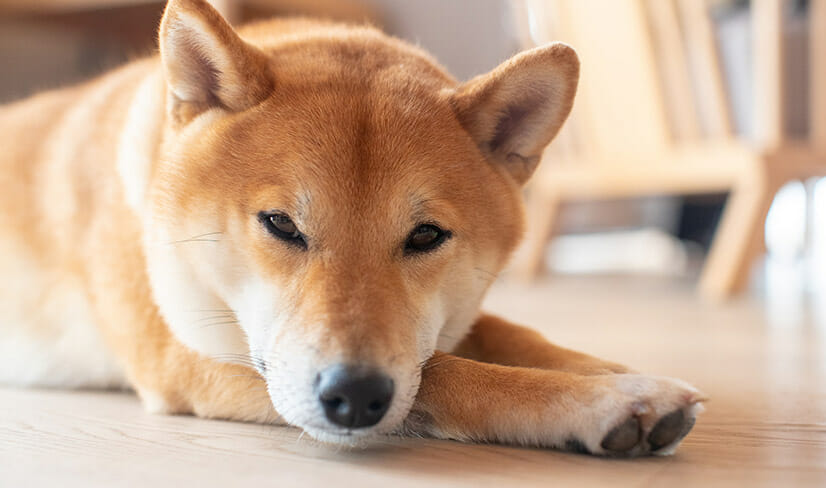
Intelligence

Shiba Inus are highly intelligent dogs with a keen sense of awareness and problem-solving skills. They excel at understanding their environment and can quickly pick up on commands and routines. However, their independent streak can sometimes come across as stubbornness, as they tend to think for themselves rather than blindly following instructions. This breed benefits from mentally stimulating activities like puzzle games, scent work, or agility training to keep their minds sharp. While their intelligence makes them quick learners, it also requires an owner with creativity and persistence to bring out the best in them.
Family Friendly
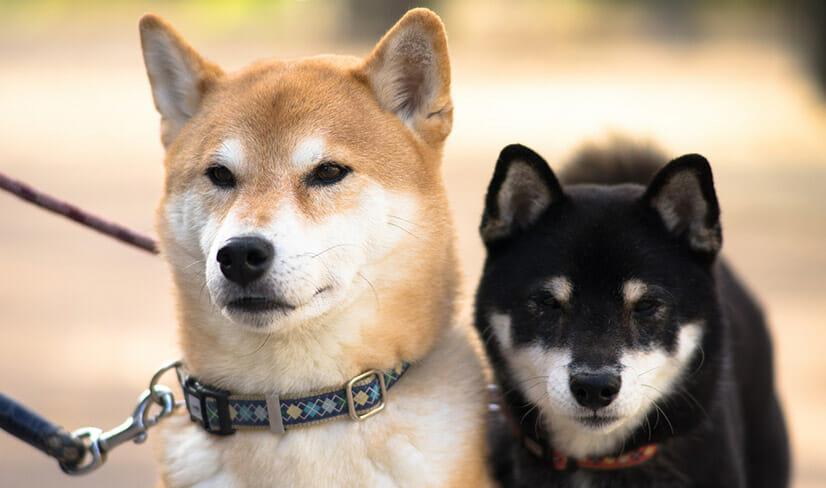
Shiba Inus can make excellent companions for families, but their suitability depends on their upbringing and socialization. They are loyal and protective, often forming strong bonds with their owners. However, their independent nature means they may not always seek constant attention. Shibas typically do well with older children who understand how to interact respectfully with dogs. Due to their strong prey drive, supervision around smaller pets is recommended. Early exposure to various people, environments, and other animals can help ensure a well-rounded and sociable family member.

Indoor/outdoor?
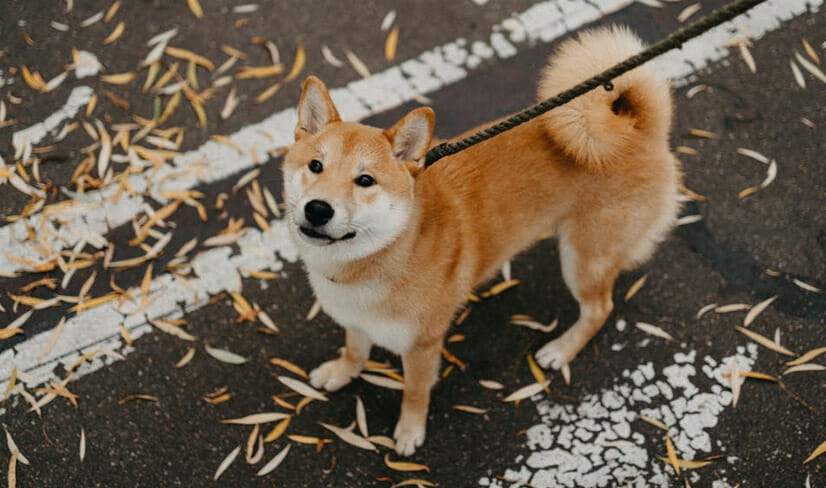
Shiba Inus adapt well to both indoor and outdoor living but thrive in environments where they can spend time with their family. While they are independent, they do not do well being left outside alone for extended periods, as they value human companionship. Indoors, they are clean and quiet, often enjoying lounging in cozy spots. Outdoors, they require a secure, fenced yard due to their prey drive and tendency to roam. A balance of indoor comfort and outdoor exploration is ideal to keep a Shiba Inu happy and healthy.

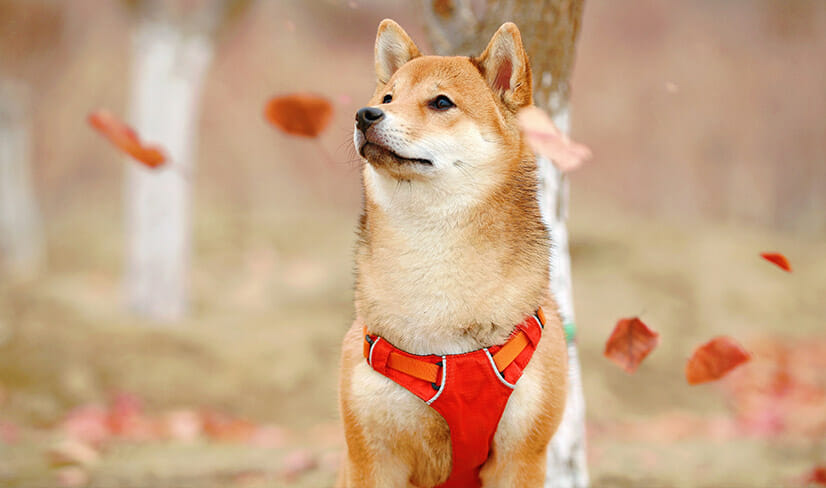
Responsible Breeding

Responsible breeding is essential for maintaining the health and temperament of the Shiba Inu breed. Ethical breeders prioritize genetic testing to reduce the risk of hereditary conditions like hip dysplasia or PRA. They also focus on socializing puppies early, ensuring they grow into well-adjusted dogs. Prospective owners should seek breeders who adhere to breed standards and provide health guarantees for their puppies. Additionally, reputable breeders offer ongoing support and require their puppies to be returned if the owner can no longer care for them. Supporting responsible breeding practices contributes to the long-term health and well-being of the breed.
Contact PIA for Pet Insurance
PIA is a family owned pet insurance company for Australia, and we have a long and successful history of helping owners care for their Rottweilers. Contact us today to learn more about our range of simple, flexible and affordable cover options.

